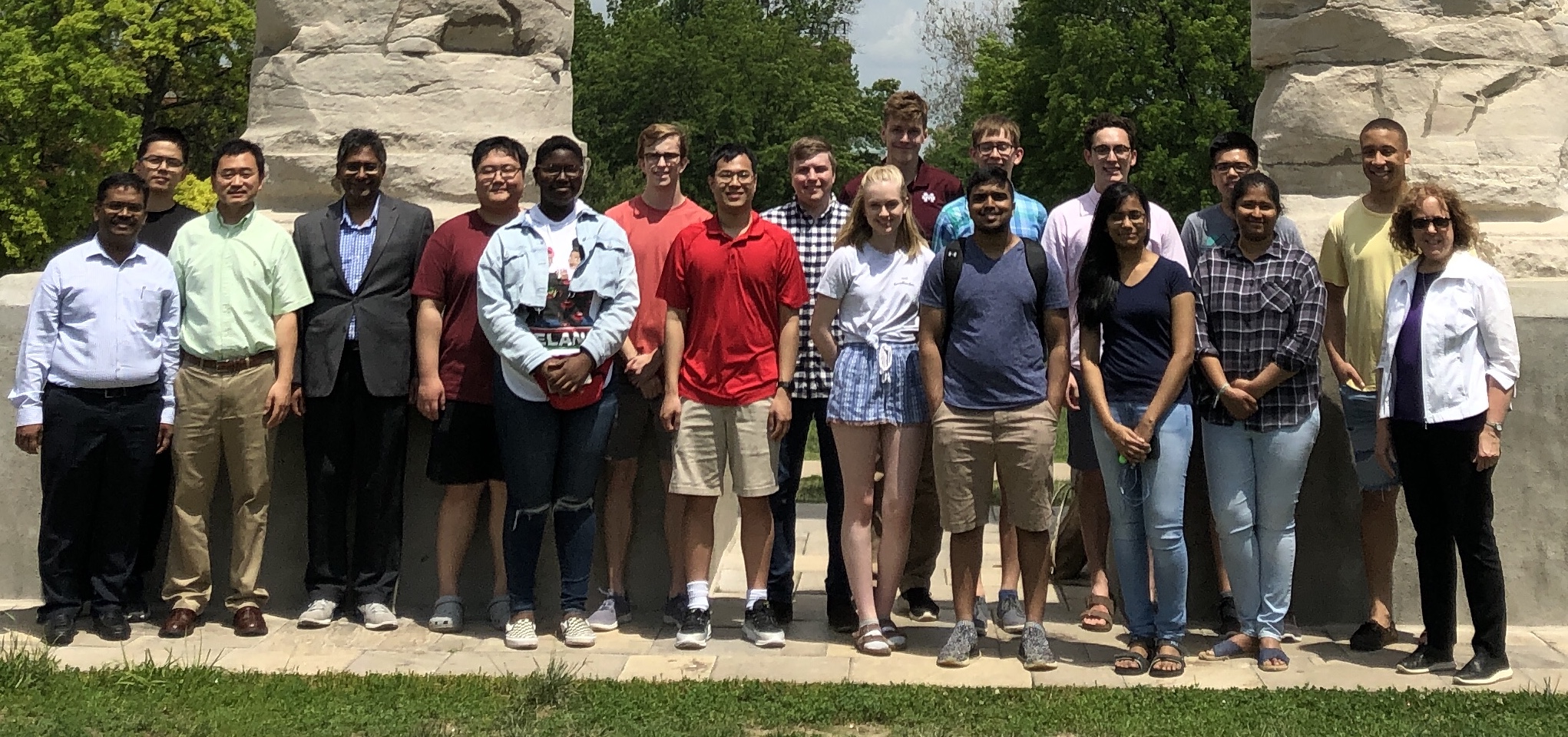REU 2019
Program Overview:
The 2019 REU program is funded by the NSF and designed to bring together undergraduate students from different universities to work together on research projects. At the end of the ten week program, each project group prepares a poster, a research paper, and a final presentation.Program duration: 5/20/2019 (Monday) - 7/26/2019 (Friday)
Faculty mentors:
Dr. Prasad Calyam is an Associate Professor in Computer Science with MU’s EECS Department. He has extensive research experience on cloud computing, network virtualization, multimedia applications, and network measurement. He has published over 100 peer-reviewed publications in reputed conferences and journals, and has led development of several open-source software packages. He has supervised 4 Postdocs, graduated 2 PhD students and he is currently supervising 4 PhD students. He has recruited, funded and mentored over 50 graduate students and 40 undergraduate researchers. He is a Senior Member of IEEE. His research sponsors include: NSF, DOE, ARL, VMware, Cisco, Dell, Verizon, IBM, Huawei, Internet2, and others.
Dr. Yi Shang is the Director of Graduate Studies and Associate Chair in Computer Science with MU’s EECS Department. He has extensive research experience on wireless sensor networks, mobile computing, and artificial intelligence, and has published over 160 journal and conference papers and received 6 patents. He has graduated 7 Ph.D. students and 43 M.S. students and supervised 40 undergraduate researchers. He is currently supervising 7 Ph.D., 6 M.S. students, and 4 undergraduate students. His research has been supported by NSF, NIH, US Army, DARPA, Microsoft Research, and Raytheon.
Dr. Marjorie Skubic is the Director of the MU Center for Eldercare and Rehabilitation Technology (CERT), with projects funded by the NSF, NIH, NLM, AHRQ, and U.S. Administration on Aging. Several CERT projects have focused on monitoring older adults through a network of sensors placed in the home including PIR motion sensors, a bed sensor that captures pulse, respiration, and sleep restlessness, and gait analysis systems using Kinect depth cameras, webcams, and radar. She has published over 230 papers.
Dr. Zhihai He is the Director of Video Processing and Networking Laboratory (VPNL), with projects funded by NSF, TCL Research, Army Research Lab, National Geospatial Intelligence Agency, and NIH. He is an IEEE Fellow. His research covers image/video processing, coding and network communication, applications in ecological observations, and smart sensor networks. He is currently supervising 6 Ph.D. and 3 M.S. students. He is an IEEE Fellow.
Evaluator, Dr. Jane Howland is a Teaching Professor and the Learning Technologies Program Director for the School of Information Science & Learning Technologies. She leads the evaluation of this REU project.
Graduate Student Coordinator:
Sai Swathi Sivarathri received her BTech degree in
Information Technology from Jawaharlal Nehru Technological University,
India. She is currently a graduate student at University of
Missouri-Columbia, pursuing masters in Computer Science. Her
current research interests include cloud computing,
recommenders and expert systems.
Email: sss26x@mail.missouri.edu
Student Researchers:
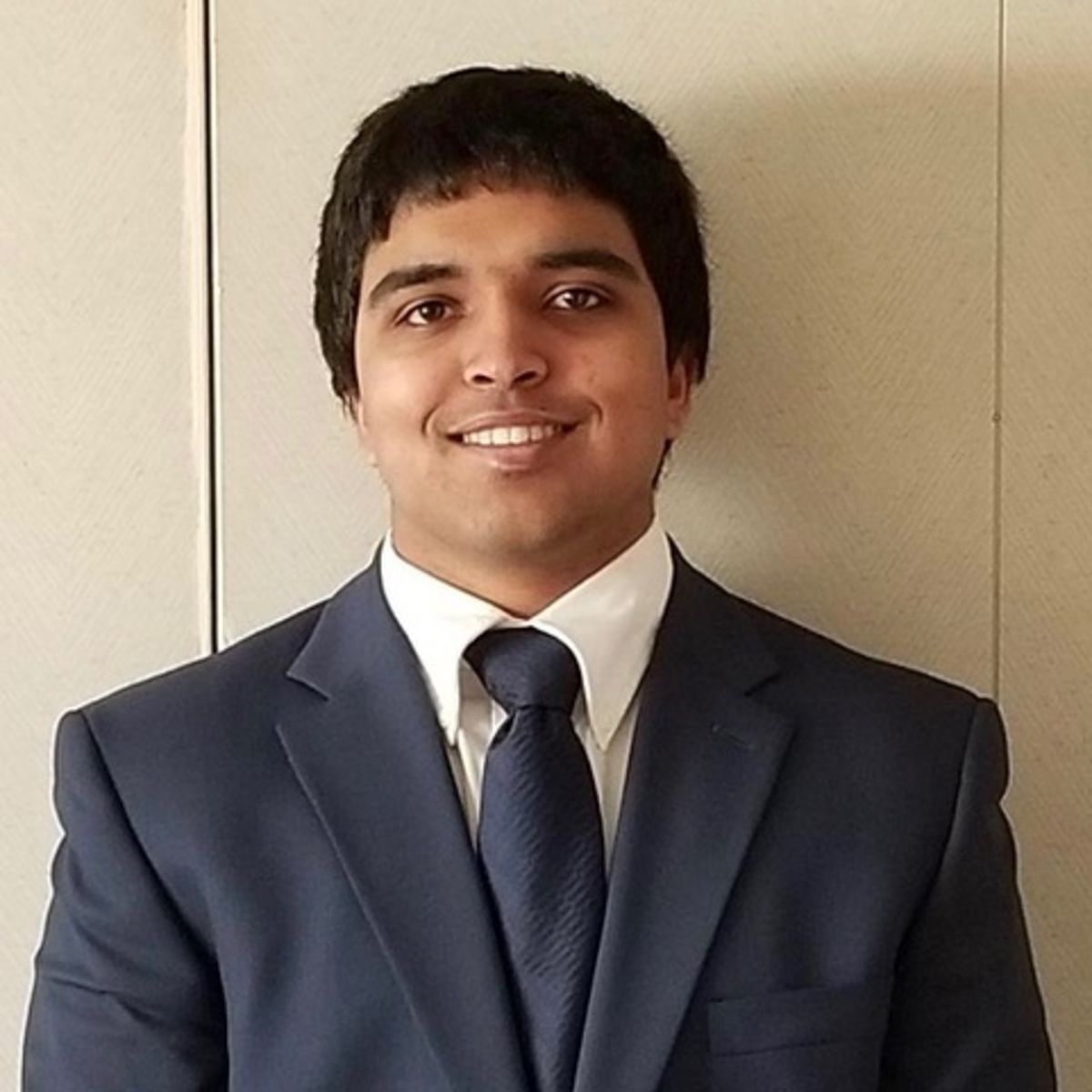
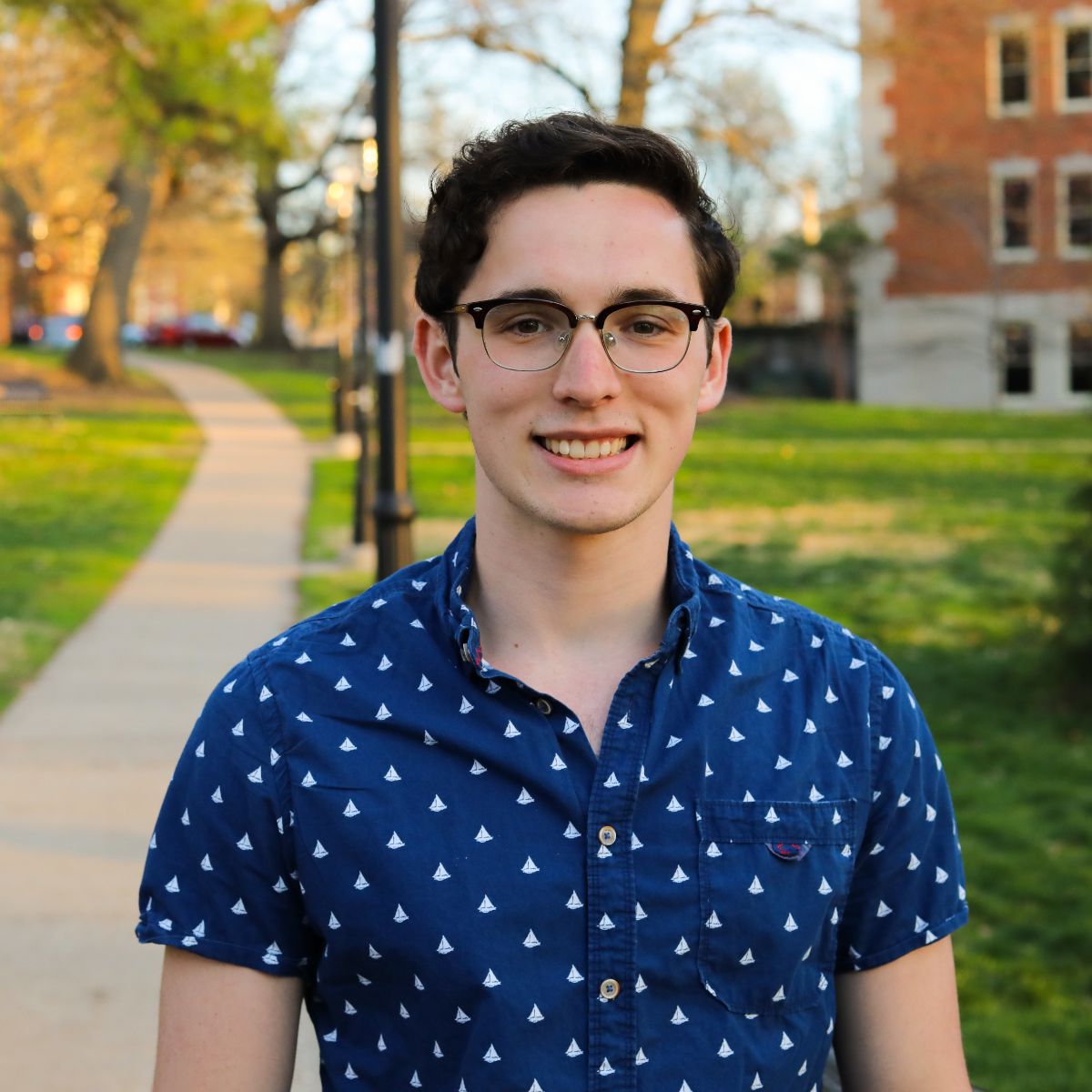
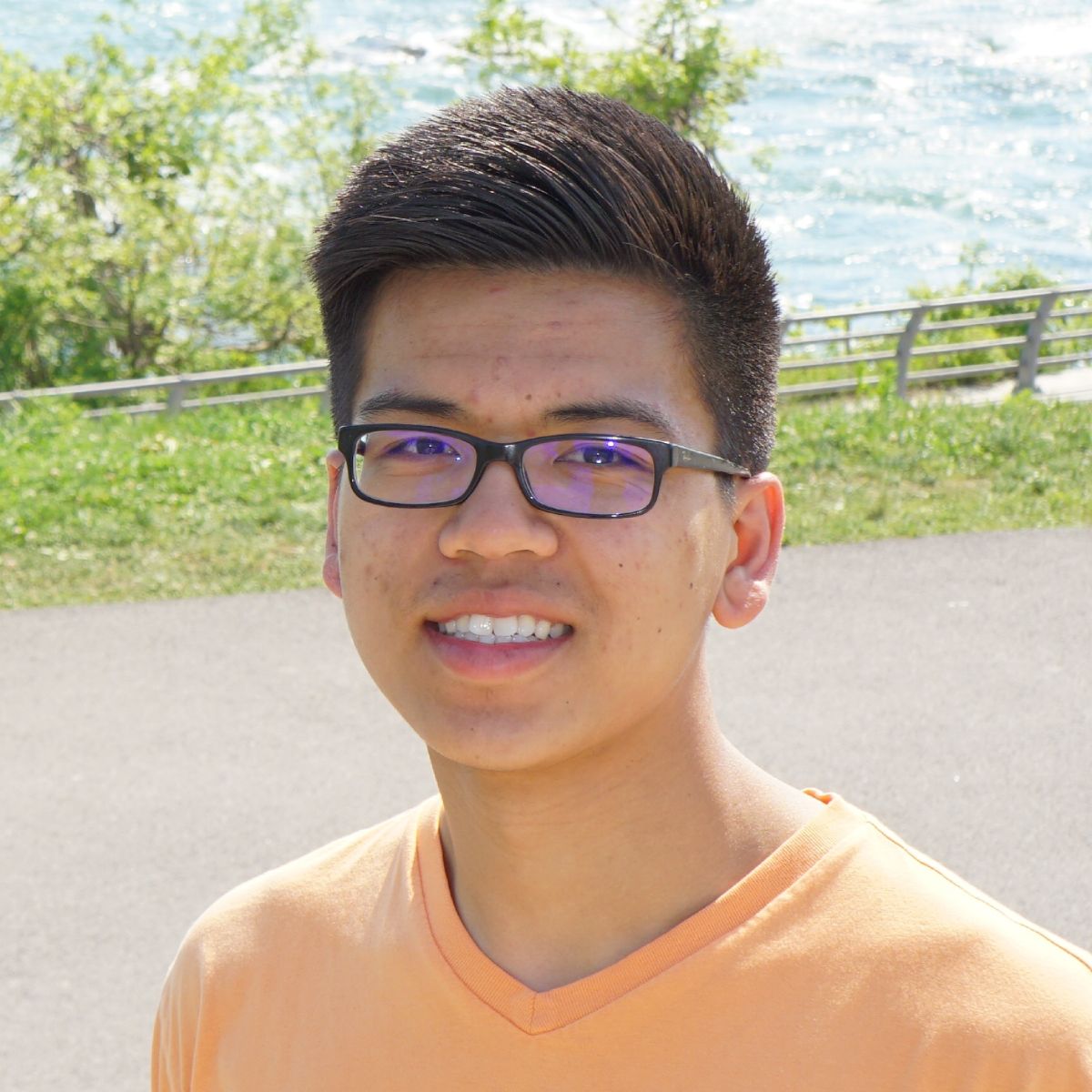
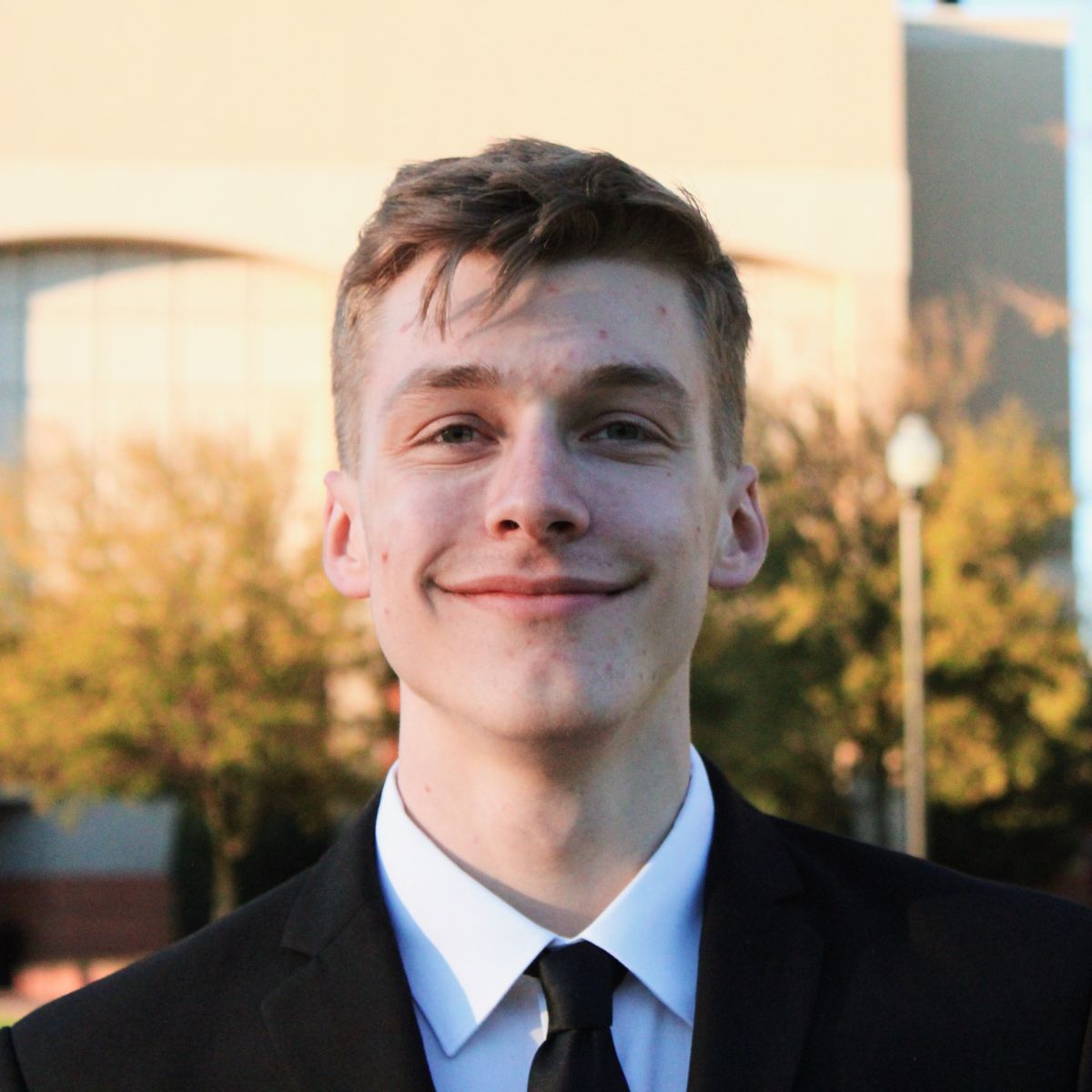
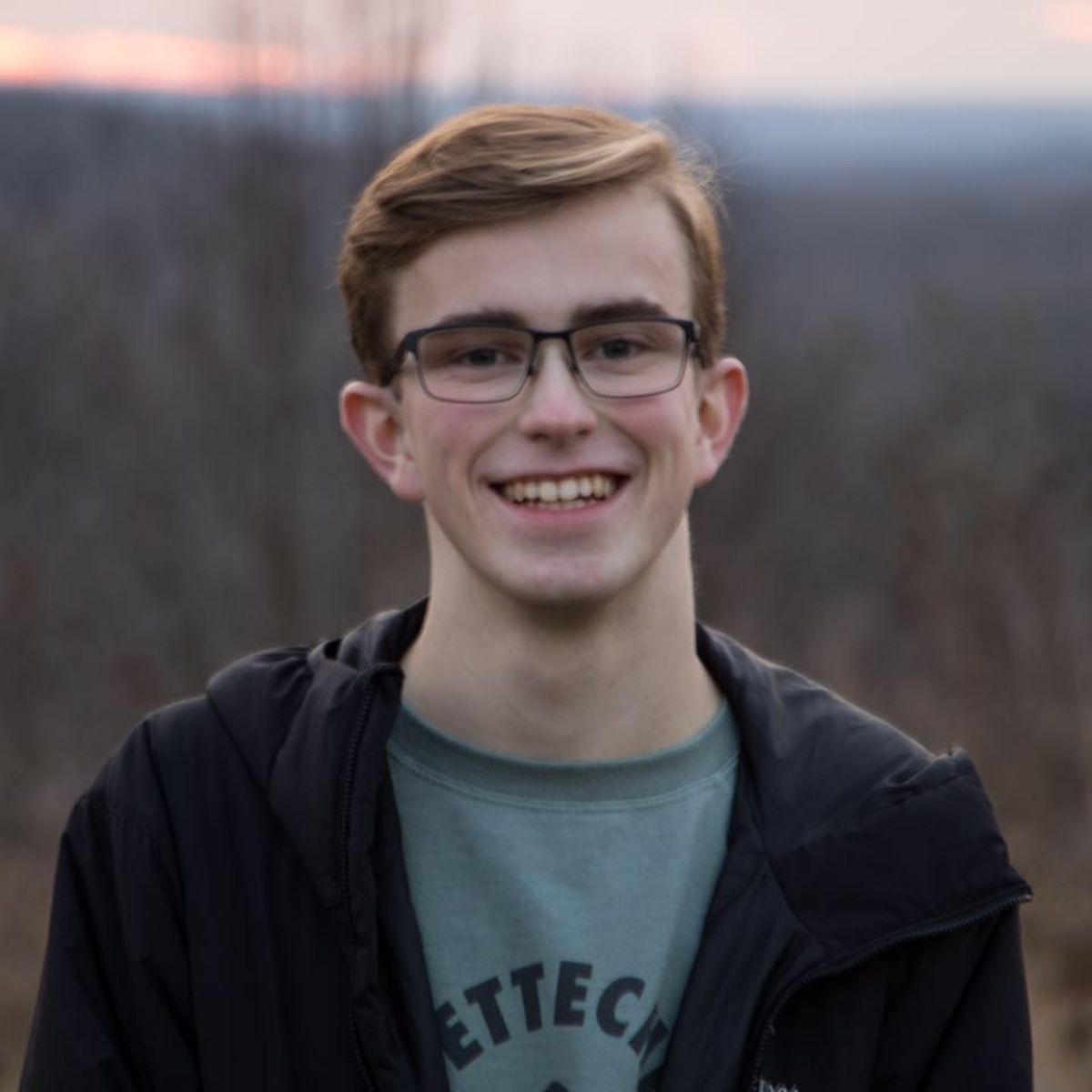
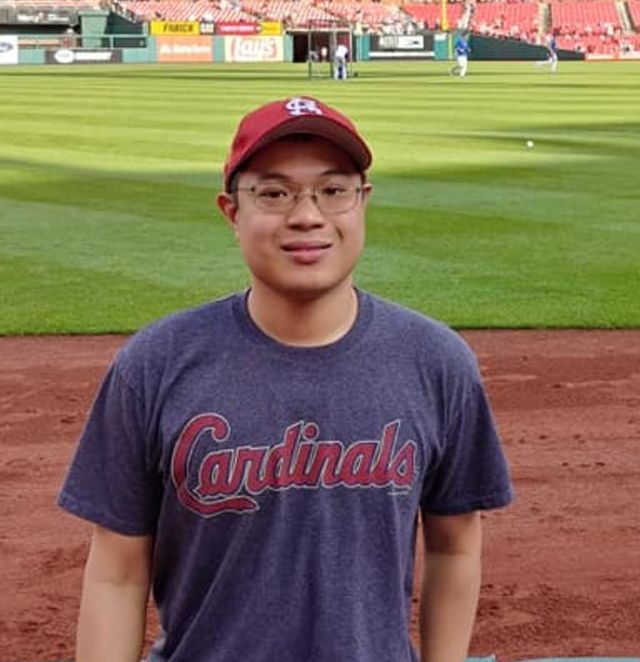
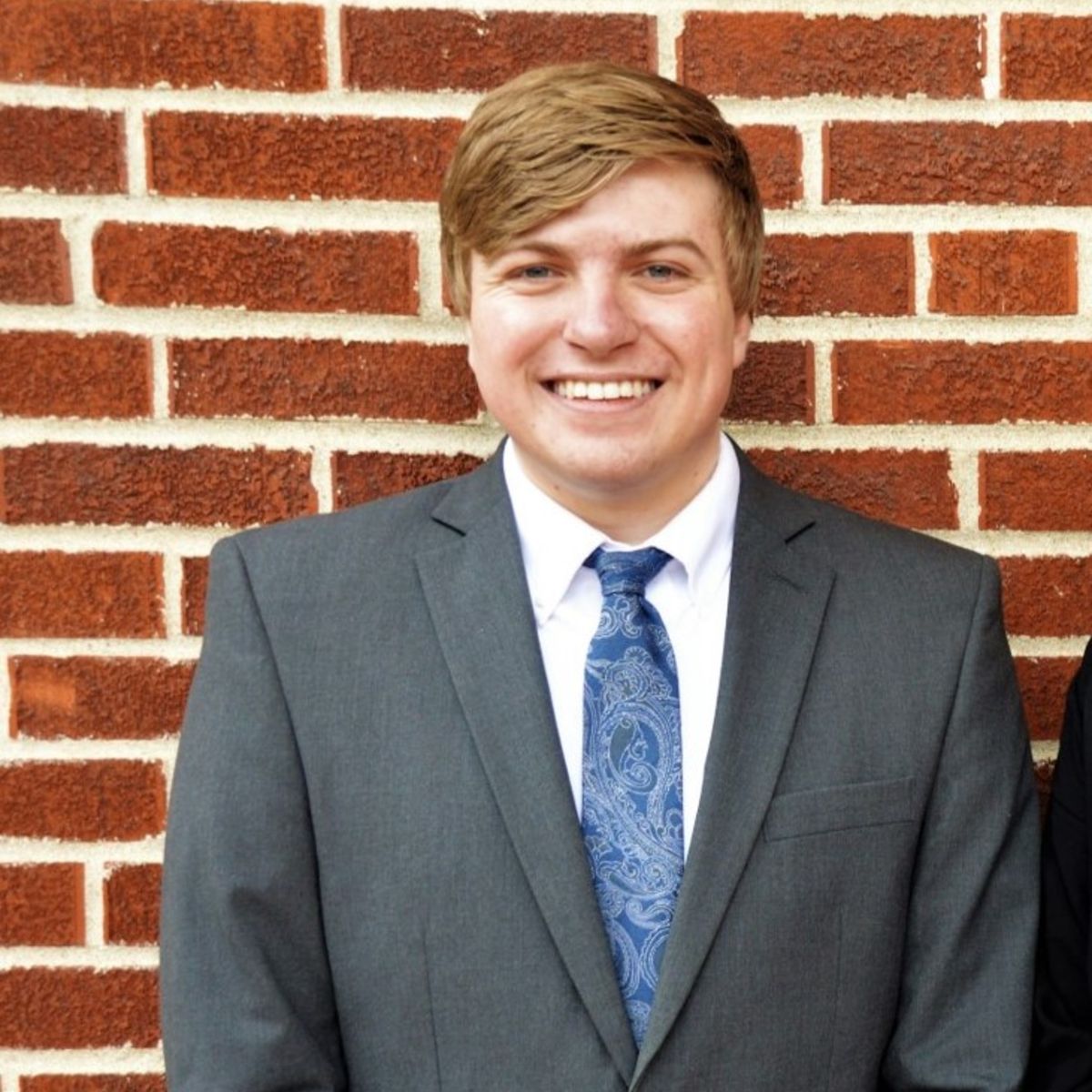
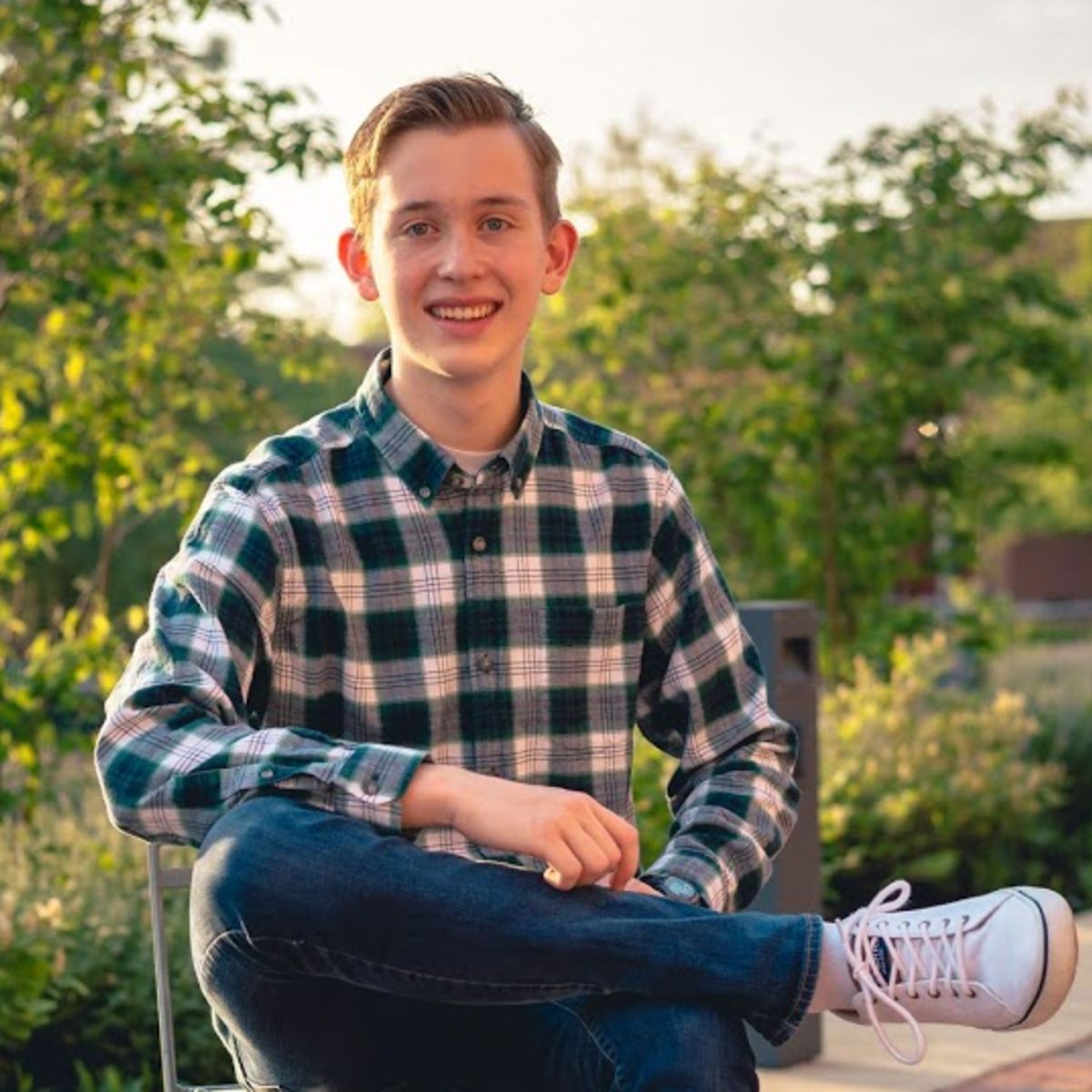
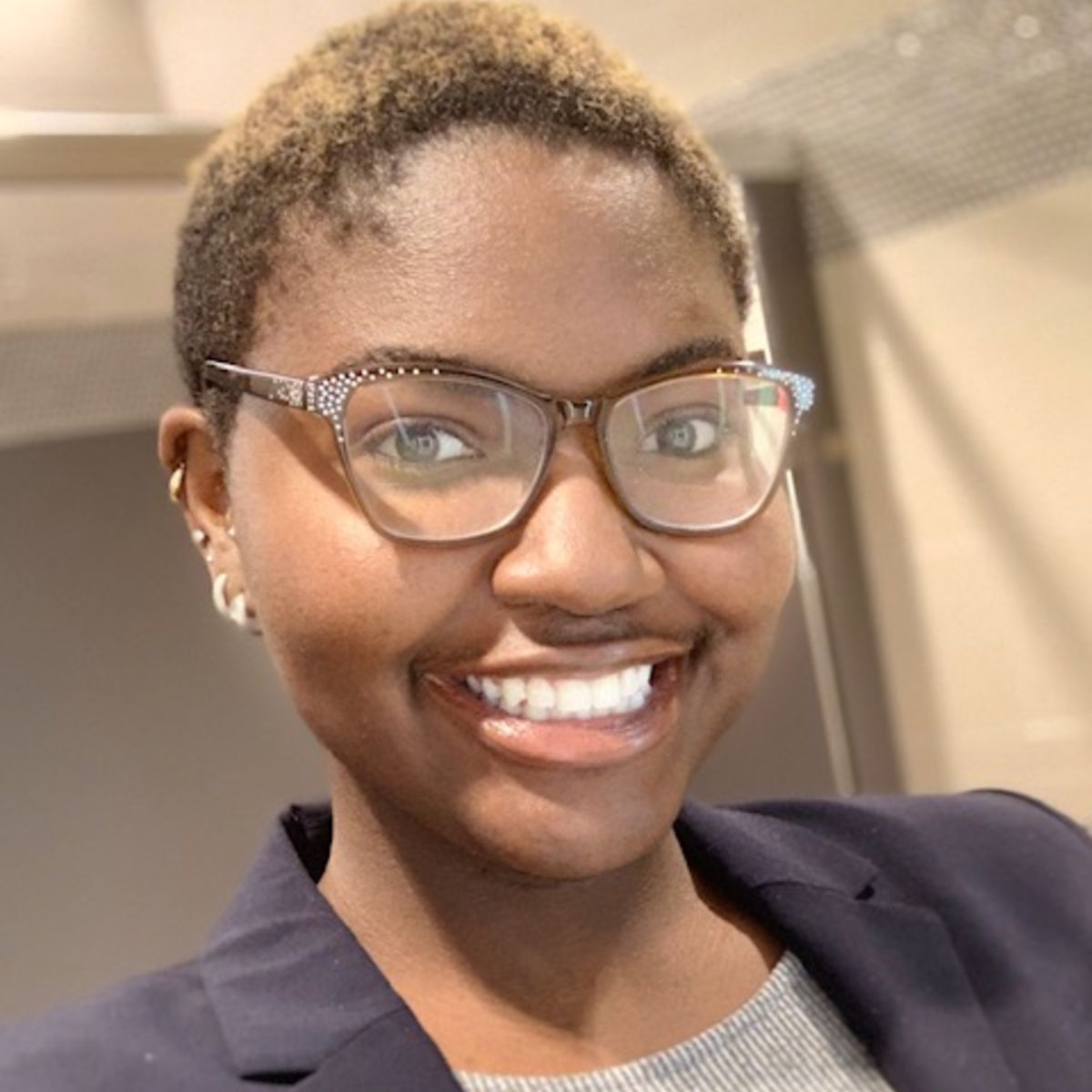
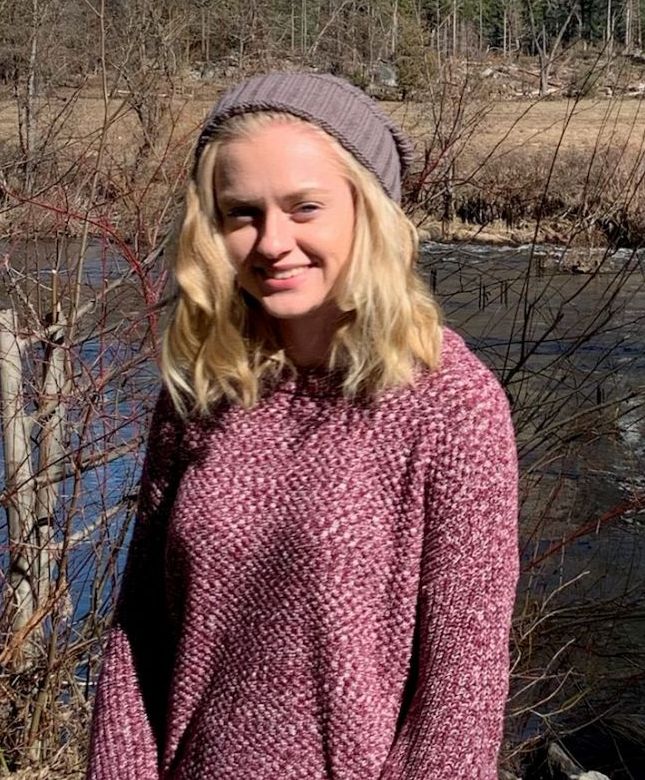
Program Schedule:
- MTuThF: 8 hours, 9am-12pm and 1-6pm in the office or in a lab.
- You are required to sign up a time sheet posted at the office every day.
Weekly research journal of each team due: 5pm every Friday - report daily research activities.
Schedule
| DATE | TIME | ACTIVITY | LOCATION |
|---|---|---|---|
| 5/20 Monday |
10:00 am - 11:30 am
2:00 pm - 5:00 pm |
Orientation & Welcome (followed by Program Lunch)
Pre-survey, paperwork, self-study |
Naka 222 |
| 5/21 Tuesday |
10:00 am - 11:30 am
2:00 pm - 4:00 pm |
Why
& how to do research by Dr. Calyam
|
Naka 222 |
| 5/22 Wednesday |
10:30 am - 11:30 pm
2:00 pm - 4:00 pm |
Video Processing and Communication Technologies
in Wireless Vision Sensor Networks by Dr. He
Software Defined networking by Dr. Calyam |
Naka 222 |
| 5/23 Thursday |
10:00 am - 12:00 pm | Eldercare and Rehabilitation Technology for Better Health by Dr. Skubic | Naka 222 |
| 5/24 Friday |
10:00 am - 12:00 pm | REU Project Presentations by REU mentors (Check your BOX account for related materials) |
Naka 222 |
| 5/30 Thursday |
10:00 am - 12:00 pm 1:00 pm - 2:00 pm |
Weekly program meeting - project assignment. All graduate mentors are encouraged to attend. led by Dr. Skubic MU Data Center Tour (Dr. Calyam) |
Naka 222 920 S. College |
| 6/4 Tuesday |
10:00 am - 12:00 pm | Weekly program meeting: Team project presentation (project goals, milestones, OKRs, initial literature survey results) led by Dr. He |
Naka 222 |
| 6/6 Thursday |
8:30 am - 9:20 am | Visit and speak at Columbia Public
Schools EEE summer school, grades 6-8 (Ms. Heidi Barnhouse. HBarnhouse@cpsk12.org) |
West Middle School (401 Clinkscales Rd, Columbia) |
| 6/11 Tuesday |
10:00 am - 12:00 pm | Weekly program meeting led by Dr. Shang |
Naka 222 |
| 6/18 Tuesday |
10:00 am - 12:00 pm 2:00 pm - 5:00pm | Weekly program meeting led by Dr. Calyam Chameleon Webinar |
Naka 222 |
| 6/25 Tuesday |
10:00 am - 12:00 pm | Weekly program meeting- Midterm presentation Midterm report in IEEE latex style due led by Dr. Calyam |
Naka 222 |
| 7/2 Tuesday |
10:00 am - 12:00 pm | Weekly program meeting by Dr. Skubic |
Naka 222 |
| 7/9 Tuesday |
2:00 pm - 4:00 pm | Weekly program meeting (Abstract Submission for Poster Forum) led by Dr. Shang |
Naka 222 |
| 7/16 Tuesday |
2:00 pm - 4:00 pm | Weekly program meeting led by Dr. Skubic |
Naka 222 |
| 7/24 Wednesday |
10:00 am - 12:00 pm | Final presentation Final report in IEEE latex style due led by Dr. Calyam |
Naka 222 |
| 7/25 Thursday |
10:00 am - 3:30 pm | Poster
Forum (MU Summer Undergraduate Research and Creative Achievements Forum) |
Christopher S. Bond Life Sciences Center |
| 7/26 Friday |
10:00 am - 12:00 pm 12:30 pm - 2:00pm |
Post-survey, wrap-up End-of-Summer Luncheon; Special guest and 2018 Nobel Prize recipient, George P. Smith will give remarks |
Naka 222 McQuinn Atrium of the Bond Life Sciences Center |
NOTE: We encourage students to consider submitting their final project reports as papers (full papers, or short papers) to venues such as: the annual National Workshops for REU Research in Networking and Systems (REUNS), IEEE CCNC, IEEE ICNC, IEEE NCA and others with July/August 2018 deadlines.
MU campus-wide summer activities included
in and paid for by our REU program (Contact: Katie Hays, haysk@missouri.edu)
 Intern/mentor BBQ
(student & mentor)
Intern/mentor BBQ
(student & mentor)
 Evening Seminars
Evening Seminars
 MU Summer Forum
participation
MU Summer Forum
participation
 Farewell picnic
(student & 3 guests)
Farewell picnic
(student & 3 guests)
 Newsletters, copies &
office supplies
Newsletters, copies &
office supplies
Resources
Computer networks basics
Research advice
- Watch Advice to young scientists
- Why and How to do research?
- How OKRs work in Google
- How to read a research paper?
- How to write a research paper?
- How to present a scientific talk?
- How to build a research system?
- Why to write the paper first?
- How to give a talk
- The Slide-Structure of a Technical 20-min Presentation
Software-Defined Networking related materials
- Watch Software Defined Networking
- GENI https://www.geni.net
- Open Networking Foundation https://www.opennetworking.org
- http://faculty.missouri.edu/calyamp/publications/openFlow-vdc-lb-im13.pdf
- http://faculty.missouri.edu/calyamp/publications/vdc-analyst-comnet14.pdf
- http://faculty.missouri.edu/calyamp/publications/sciencedmz-bigdatabookchapter-crc15.pdf
- http://faculty.missouri.edu/calyamp/publications/dolus-intelligent-defense-pretense-fgcs19.pdf
Computer Science Ethics
- Code of Ethics, ACM
- Computer and Information Ethics, Stanford Encyclopedia of Philosophy
- Social and ethical issues in computer science
IRB training (http://research.missouri.edu/irb/CITI_Instructions) to receive IRB certification
- Responsible Conduct of Research courses
- Human Subject Research courses
Latex resources
- Use IEEE publication Latex or Overleaf to typeset your report.
- MikTex as the LaTeX compiler, http://miktex.org/
- Texmaker as the Editor Environment, http://www.xm1math.net/texmaker/
- Tutorial: https://www.latex-tutorial.com/tutorials
- Use Overleaf link for collaborative research paper writing
Prior REU project examples as best practices to follow:
- Weekly/daily research journals
- OKR and literature Survey Talks
- Midterm Presentations
- Final Presentations
- Research Forum Posters
- Conference Publications
Projects
- Anomaly Detection of Security, Privacy Attacks Disrupting Users Immersive Experience in Virtual Reality Learning EnvironmentsPoster Advisor: Dr. Prasad Calyam / Dr. Khaza Hoque / Dr. Henry He Gradutate Student Mentors: Samaikya Valluripally, Aniket Gulhane, Roland Oruche Research Students: Ben Frailey, Brady Kruse, Boonakij Palipatana Abstract: Virtual Reality Learning Environments (VRLE) are a new form of immersive environment which are integrated with IoT devices for delivering learning content in a collaborative manner to users who are spatially distributed. To streamline data delivery, provide immersive user experience and to allow the users to interact in such distributed environment, these VR applications (special education, surgical training, etc.) rely on network connected devices and components connected to- gether. Gaining unauthorized access to these connected devices causes security, privacy attacks (SP) that can adversely impact the educational user experience and disrupt the data delivery. Due to this, it is necessary to investigate the SP issues that can potentially impact users immersive experience (UIE). In this paper, to analyze attack surfaces in VRLE, we identify the SP issues that impact the application usability and presence of immersion factors using our preliminary survey. Existing VRLE systems do not employ any such monitoring systems to detect SP issues that can hinder VRLE experience. Based on our preliminary analysis, we propose a novel anomaly detection system to detect attacks before the UIE can be disrupted. We apply i) machine learning techniques such as KNN classifier to detect anomaly events of network based attacks that includes potential threat scenarios of Denial of Service (packet tampering, packet drop, packet duplication) and ii) statistical Z-score analysis to detect an anomaly related to the VRLE integrity Non-network attack: Unauthorized access, Privacy attack: Disclosure of Information. We demonstrate the effectiveness of our proposed anomaly detection approach using a VRLE application case study viz,. vSocial: specifically designed for teaching youth with learning impediments about social cues and interactions. Based on our experimentation results, we show the adaptive characteristics to con- sider diverse SP issues with varying impact on UIE score. Using a risk evaluation approach, we enlist the best practices to incorporate effective anomaly detection in realistic VRLE applications that need to be more secure and safer in operational nature.
- Energy-aware Dynamic Computation Offloading for Video Analytics in Multi-Unmanned Aerial Vehicle Systems Poster Advisor: Dr. Prasad Calyam Graduate Student Mentors: Chengyi Qu, Songjie Wnag, Dmitrii Chemodanov Research Students: Aditya Vandanapu, Jeromy Yu Abstract: Multi-Unmanned Aerial Vehicle (UAV) systems with high-resolution cameras have been found to be useful for operations such as disaster management and smart farming. These systems feature Flying Ad-Hoc Networks (FANETs) that connect the computation edge with UAVs and a Ground Control Station (GCS) through air-to-ground network links. Leveraging the edge computation resources effectively with energy-awareness, and dealing with intermittent failures of FANET links are major challenges in supporting video processing applications. In this paper, we propose a novel energy-aware dynamic computation offloading scheme for UAV systems that provides the ability to intelligently share tasks among the individual UAVs allowing for parallel execution of tasks while evenly distributing energy consumption. Intelligence gathering is performed using machine learning for creation of resource consumption profiles for a given set of video processing tasks prior to scheduling. Our scheme handles the problem of computation offloading tasks as a job-shop scheduling problem where we aim to minimize the total energy consumption in the edge resources while achieving video processing times that suit application requirements. Our experiment results show scalable and efficient scheduling benefits of our scheme when UAV-based video surveillance application involving object detection/classification is implemented using chains of microservices on a set of distributed edge resources.
- A Detection Confidence-Regulated Path Planning Algorithm for Improved Small Object Counting in Aerial Images Poster Advisor: Dr. Yi Shang, Dr. Ye Duan Graduate Student Mentor: Robert Tang, Huanhuan Xia, Fan Gao External Mentor: Joel Sartwell, Missouri Department of Conservation (MDC) Research Students: Miles Krusniak, Keaton Leppanen Abstract: Computerized object counting is important in applications such as conservation, disaster rescue, and crowd counting. With the development of convolutional neural networks for object detection, computerized object counting could become a replacement for tedious and costly manual counting. However, small object detection methods are still lacking when applied to counting exceptionally small objects in low-resolution images, such as those taken by unmanned aerial vehicles (UAVs). To address this shortcoming, we seek to improve upon existing, static-height path planning methods used for UAV data collection by approaching UAV path planning as an optimization problem in which we attempt to maximize the sum of confidences of detected objects as output by a Faster Region-Convolutional Neural Network model, taking into account the dependence of altitude on area coverage efficiency. First, we empirically characterize the relationship between UAV altitude and small object detection confidence. Then, based on that characterization, we implement a path planning algorithm which dynamically adjusts the height of a UAV based on detection confidence to gather better quality data and achieve more accurate small object counting given energy constraints. Considering a bird counting conservation use case in a model real-world test environment as well as simulation results, we demonstrate that our proposed approach shows an average xxx% greater sum of confidences compared to the best naive, fixed-height model.
- In-Home Daily Activity Recognition and Assessment System for Stroke Rehabilitation Poster Advisors: Dr. Marjorie Skubic Graduate Student Mentors: Mengxuan Ma External Mentor: Dr. Rachel Proffitt, Occupational Therapy Department Research Students: Shaniah Tullis, Carter Sifferman, Zoe Moore Abstract: Stroke is a leading cause of long-term adult disability. Many stroke patients participate in rehabilitation programs prescribed by an occupational therapist to aid in recovery; however, rehabilitation programs do not have the ability to monitor the long-term and in-home progress of the patients. Instead, they rely on in-clinic assessments and often-unreliable self-assessments at home. Recently, there have been sensor-based rehabilitation systems developed for in-home use, but these systems require active participation and do not capture movement in a natural setting. Our novel Daily Activity Recognition and Assessment System passively collects depth and skeletal data from within the patients home to assess long-term recovery and provide metrics to an occupational therapist, allowing for more individualized rehabilitation plans. We use a Foresite DS5 depth sensor to collect data, and we classify actions with a Hierarchical Co-Occurrence Network. We then perform assessments on the classified actions to track key recovery metrics: body symmetry, normalized jerk, speed of motions, and extent of reach. Our sensor was installed in a stroke patients kitchen for seven days, generating the first action detection data set from a stroke patient in a naturalistic environment. We use this data to validate our recognition and assessment algorithms. Our results reflect the challenges of working in a naturalistic environment compared to a laboratory setting. We achieved 89.2% recognition accuracy on the NTU-RGB-D data set and a maximum of 59.6% accuracy on our kitchen data set.
Photos
 Sponsored by the
National Science Foundation (Award CNS-1950873)
Sponsored by the
National Science Foundation (Award CNS-1950873)
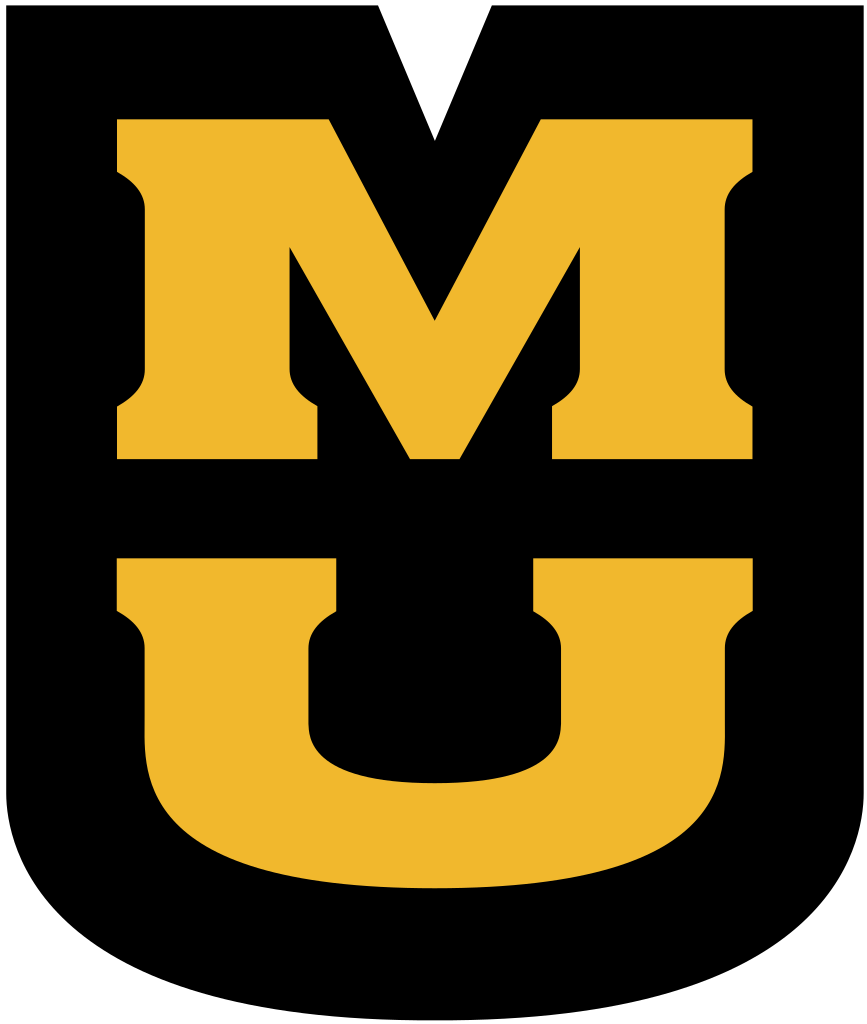 Hosted by the
University of Missouri
Hosted by the
University of Missouri
